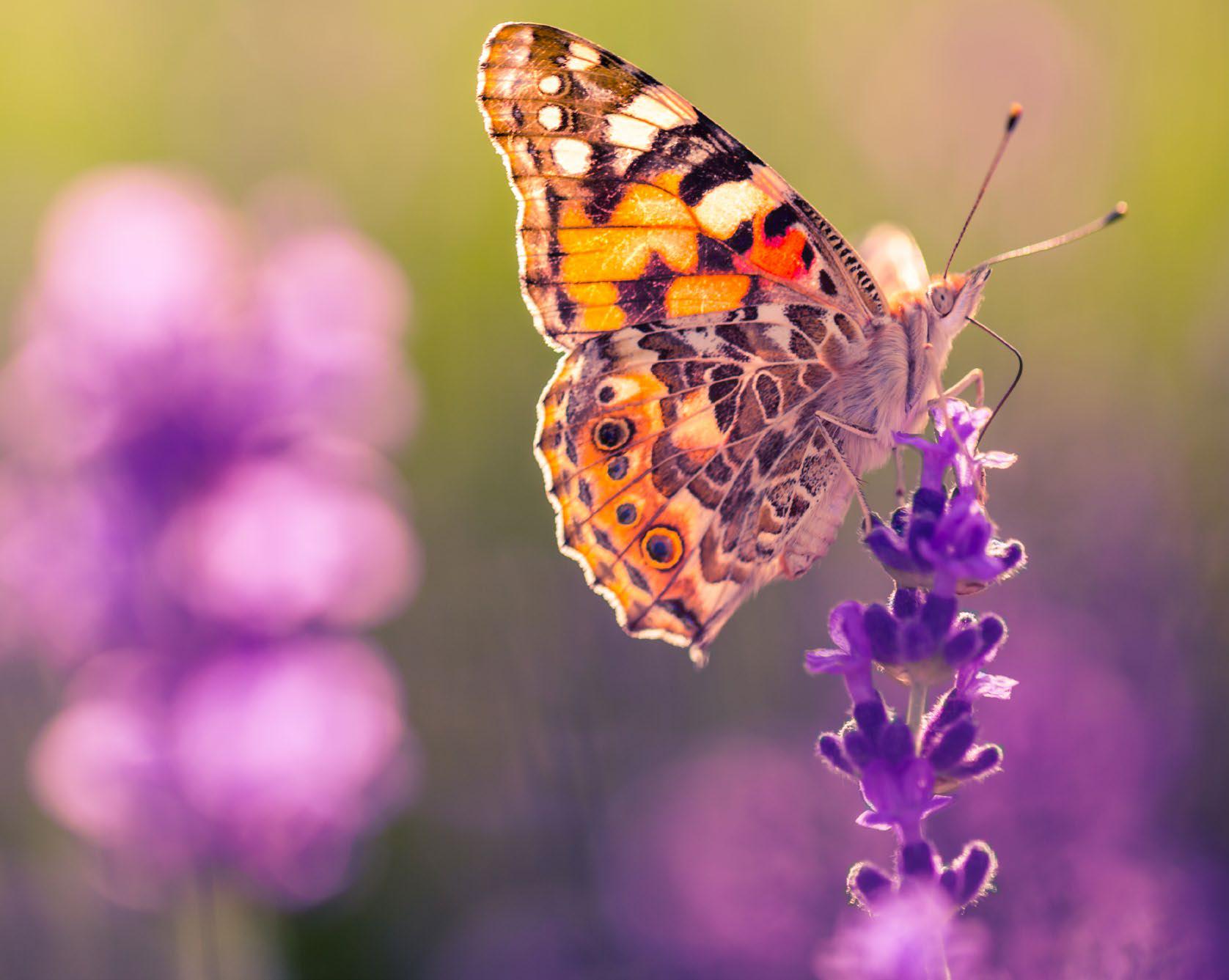
PRO ADVICE Expert insight to help you take better close-ups of nature
1 Use a tripod
For torpid and less skittish subjects, it’s still worth using a tripod to eliminate camera shake, which is more easily visible at high magnifications.
2 Boost the ISO
Use a shutter speed of 1/200 sec or faster for sharp shots – you may need to boost your ISO a little to be able to achieve this.
3 Hand-holding
When a tripod isn’t viable, use any image stabilisation you have. Brace yourself against a wall if possible to steady yourself further.
4 Front-on
Get into a position where you can see your subject’s head: this will increase eye contact and make for a more engaging shot.
5 Continuous AF
Use your continuous AF mode and place a single AF point over the eye of your subject, to keep it sharp until you’re ready to take the shot.
6 Reversing rings
A reversing ring lets you shoot through a lens backwards and will transform a ‘normal’ lens into a macro one. If you have a kit lens or, even better, a 35mm or 50mm prime lens, you can flip it around and turn it into a macro lens with a reversing ring that is very budget-friendly.
7 Extension tubes
These fit between your lens and camera body to shorten your minimum focusing distance, so you can focus much closer than normal. Our Kenko tubes are in three sizes: 12mm, 20mm and 36mm; you can use one, all three or a combination of them to get the perfect working distance.
Best kit advice
Esta historia es de la edición February 2023 de PhotoPlus : The Canon Magazine.
Comience su prueba gratuita de Magzter GOLD de 7 días para acceder a miles de historias premium seleccionadas y a más de 9,000 revistas y periódicos.
Ya eres suscriptor ? Conectar
Esta historia es de la edición February 2023 de PhotoPlus : The Canon Magazine.
Comience su prueba gratuita de Magzter GOLD de 7 días para acceder a miles de historias premium seleccionadas y a más de 9,000 revistas y periódicos.
Ya eres suscriptor? Conectar
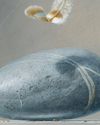
The Art of Copying Art - James Paterson shows you how to use your Canon gear to capture artwork and paintings the right way with simple camera and lighting skills
Whether you want to capture a painting like the above, digitise old prints or reproduce any kind of canvas, there's real skill in capturing artwork with your camera. Not only do you need the colours to be accurate, you also need to master the spread, angle and quality of the light to minimise glare and show the work at its best.This painting by the artist Bryan Hanlon has a wonderfully subtle colour palette. To reproduce the painting in print and digital form, it needs to be captured in the right way.
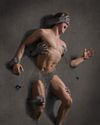
Fright night
Canon photographer and digital artist Alexander loves to craft incredible fantasy scenes with a spooky horror twist

Sharpen your shots with DPP
Sharpening a digital image also increases contrast at the edge of details

CANON ImagePrograf PRO-1100
Deeper blacks, better bronzing, greater lifespan and 5G Wi-Fi -Canon's new printer is full of new tech, says
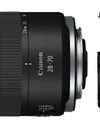
Canon's new 'kit lens' is actually a half-price f/2.8 trinity lens!
The Canon RF 28-70mm F2.8 IS STM lacks a red ring, but borrows premium features from its L-series siblings

DREW GIBSON
Pro motorsports photographer Drew on why he hasn't (yet) switched to Canon's mirrorless system, why old-school techniques can be the most reliable, and the lessons learned from more than a decade shooting the world's biggest car brands

Up in smoke
Make a smoky shape in Affinity Photo and get to grips with the amazing Liquify Persona under the guidance of James Paterson

Expand your creativity with Generative Fill
Photoshop's Al-powered feature brings revolutionary new tools to image editing. James Paterson reveals all...

Turn your images into vintage postcards
Wish you were here? Sean McCormack explains how you can give your summer photographs a vintage postcard look
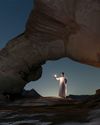
The Angel Malibu
Light painting an American movie producer in the Wadi Rum Desert in Jordan was a highly unlikely evening out for David!